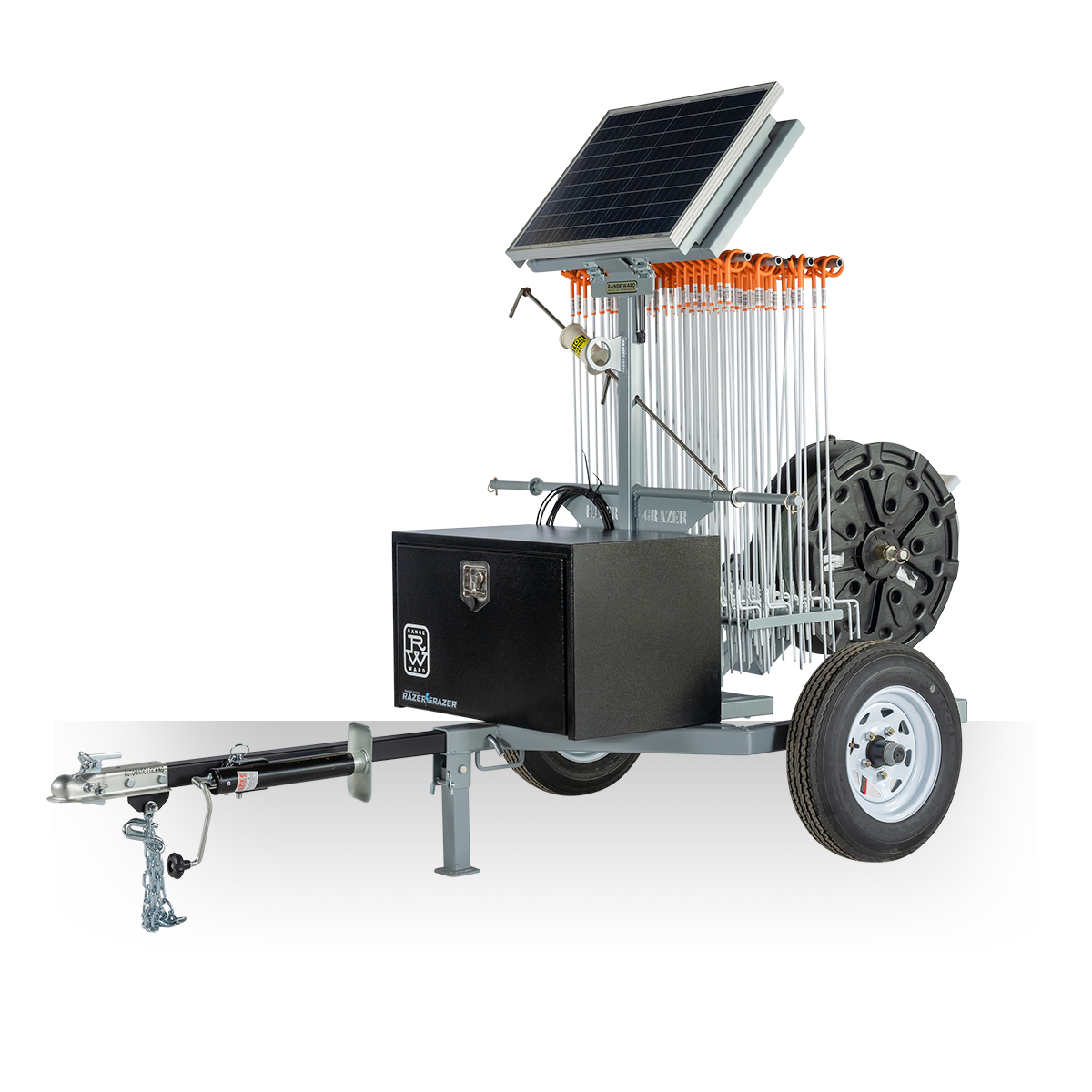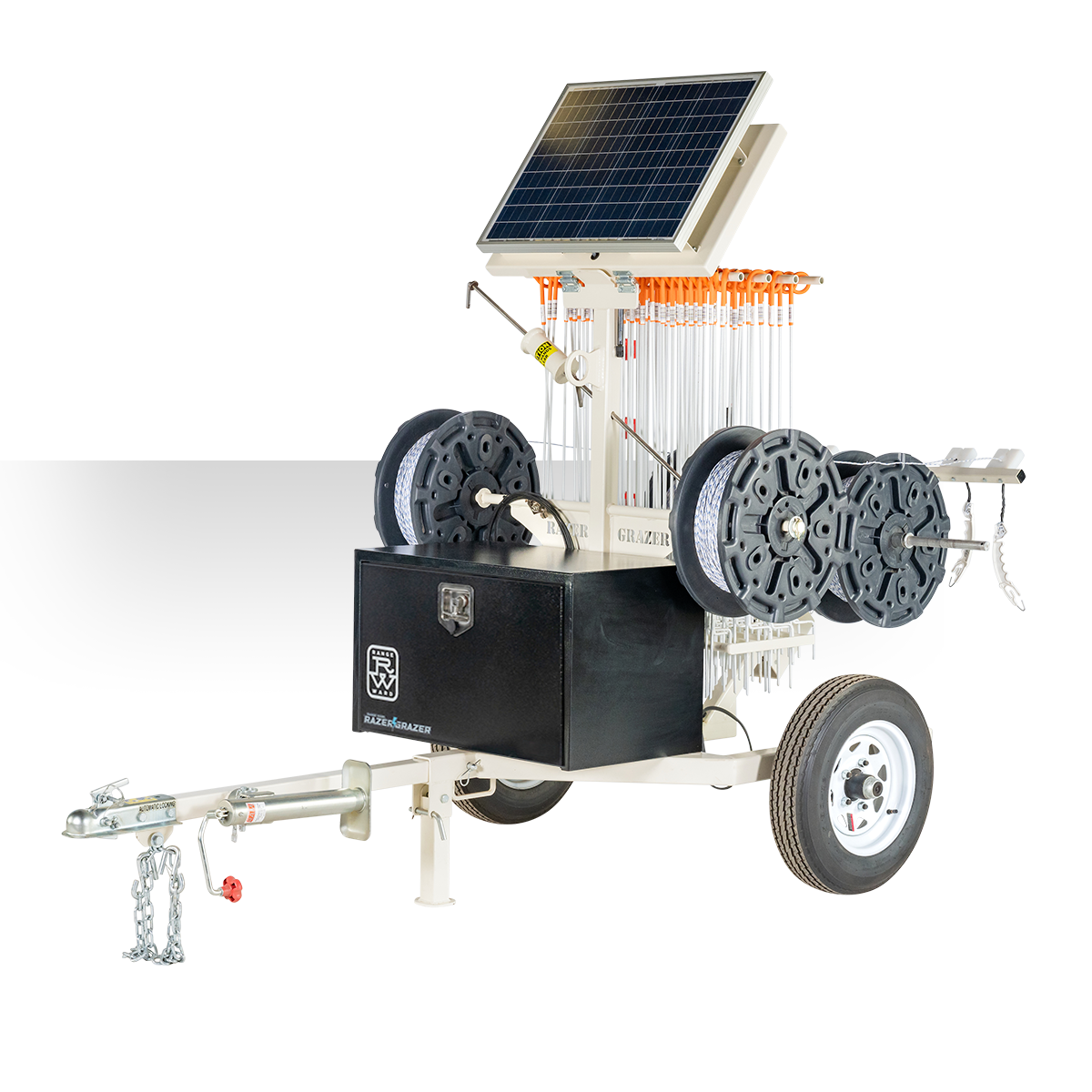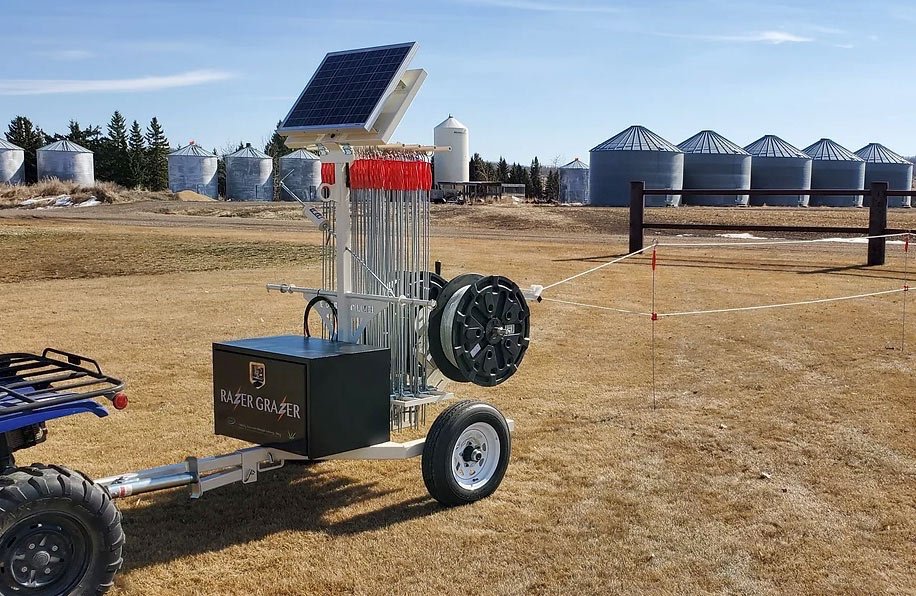Cannon Republic Foundation Soil Biology
Our unique formulation is the only single-sourced and 100% organic product offering a triple-action benefit: it serves as a Soil Inoculant, Soil Amendment, and Soil Conditioner all in one.
The Premium Choice for Sustainable, Organic Agriculture**
• Increase your crop yield by up to 60%
• Use 40% Less Synthetic Fertilizer
• 50% less nitrogen leaching into watersheds
• Certified Organic
• Regenerative Farming & Ranching
• Suppress Harmful Pests
• Better for the Planet
• All natural, not lab created
• Soil Rejuvenation
Subscribe & Save
•
Subscribe & Save •
For help with your subscription contact us or call 512-264-2024
Features and Benefits
Cannon Republic Foundation Soil Biology (SB) is an innovative product that harnesses the power of naturally occurring microbiology to foster healthier, more sustainable plant growth. With an impressive concentration of over 40 billion colony-forming units of bacteria and fungus per gallon, this product is a powerhouse of beneficial microorganisms that work symbiotically with plants to boost their health and productivity.
Significantly Reduce NPK (Fertilizer) - One of the key benefits of using SB is its potential to dramatically reduce the need for synthetic NPK (Nitrogen, Phosphorus, and Potassium) fertilizers.
Fix Nitrogen - SB contains specific types of bacteria, akin to rhizobium, that can convert atmospheric nitrogen into a form readily usable by plants. This process minimizes the need for nitrogen fertilizers, making farming more eco-friendly and cost-effective.
Balance Soil / Water PH - The product also plays a vital role in maintaining soil and water pH levels. The soil's pH level can significantly influence nutrient availability and overall plant health. The beneficial microorganisms in SB work to buffer pH levels, ensuring an optimal environment for plant growth.
Buffers Salt - Salinity is a significant issue that can hinder plant growth. However, the microorganisms in this product can buffer or reduce salt levels in the soil, creating a more favorable environment for plant development.
Increase Mineral Uptake - The symbiotic relationship formed between the microorganisms and plant roots facilitates a more efficient absorption of minerals from the soil, which is crucial for plant health and growth.
Reduce Leaching - Mitigate nutrient leaching, a common issue where nutrients are washed away from the soil due to rain or irrigation. The beneficial microbes increase nutrient uptake and bind nutrients in a form less prone to leaching, thereby preventing nutrient loss.
Increase Carbon - SB contributes to increasing soil organic carbon levels, a key indicator of soil health. The contained microorganisms help decompose organic material and convert it into humus, a stable form of soil organic matter.
High Lignin Content - Lignin is a complex organic compound that gives plants their structural rigidity and contributes to soil organic matter. A higher lignin content means the product can enhance soil structure and increase soil organic matter levels.
— Case Studies —
Tifton Hay Trail
23% increase over best previous harvests
US Sugar - Corn Study
Greater stalk height, Increased leaf growth
UGA - Vidalia Onion Study
31% Increase in Marketable Product
“Possesses the highest quality humic acid compounds (67%) in the USA”
Shorts
Cedar Springs Ranch - Chris Webb
-
Boron (B) 0.014% Manganeses (Mn) 0.010%
Calcium (Ca) 0.044% Magnesium (Mg) 0.035%
Copper (Cu) 0.044% Sulfur (S) Combined 0.060%
Iron (Fe) 0.030% Sodium (Na) 0.029%Derived from: Humus
Aspergillus fumigatus 1x10^10 cfu/cc Bacillus subtilis 1x10^10 cfu/cc
Paenibacillus polymyxa 1x10^10 cfu/cc Bacillus licheniformis 1x10^10 cfu/cccfu/cc = colony forming units/cubic centimeter = cfu/ml
-
Ornamental and Agricultural: Apply a 2 gallon per acre application at time of planting on all transplanted vegetable and greenhouse grown liners and then 1 gallon per acre 4 weeks later with a liquid fertilizer application when using drip irrigation. If using overhead irrigation, apply a 2 gallon per acre application at time of planting in transplant liquid. For crops planted from seed apply 2 gallon per acre at time of planting, then 1 gallon per acre 4 weeks later with any liquid nutritional application. For best results, apply a 1/2 gallon per acre rate monthly, after following the above protocols, with any liquid nutritional until time of harvest.
Range and Pasture: 3 Gallons per acre as foliar spray during Spring and Fall Flush, or 1 Gallon per acre through Irrigation 4 times per year.
Turf: 2 gallons per Acre. For maintenance, apply 2-4 oz/per 1,000 sf every 7-14 days. As a curative, apply 6-12 oz/1,000 sf as needed. For verification recovery, apply 4-6 oz/1,000 sf 2 days before or after aerification. In sod establishment, apply a 3% solution every week until established. When hydroseeding, apply a 2 % solution every week until established.
Hydroponics/Aeroponics: Inoculate system by applying 1-2% rate of total water in circulation. For maintenance, apply 1 pint (16 oz) per 1,000 sqft of grow space per week.
-
Range Ward and its Power Grazer fencing products center around the use and management of grazing animals in regenerative agriculture. Our approach and tools help to regenerate above and below ground biodiversity, improve water cycles, improve carbon cycles, and help improve the vitality and resilience of the ecosystem and the people on the land.









